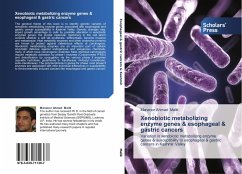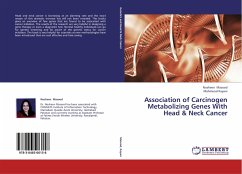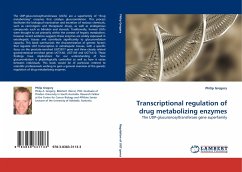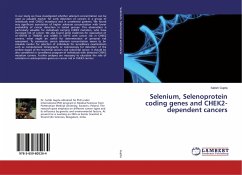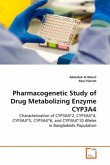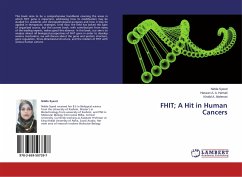The general theme of this book is to identify genetic variants of xenobiotic metabolizing enzyme genes associated with esophageal and gastric cancer susceptibility in Kashmir Valley. Genetic changes may impart growth advantage to cells by possible alteration in xenobiotic enzymes genes; the pivotal molecular machinery in the cell which controls whether a cell will proliferate, differentiate, become invasive and metastasize. Host metabolic enzymes and other protective proteins are known to protect against deleterious effects of carcinogens. Xenobiotic metabolizing enzymes are an important part of cellular enzymatic defense against endogenous and exogenous chemicals, many of which have carcinogenic potential. Most chemical carcinogens require metabolic activation by phase I enzymes (Cytochromes P-450) and detoxification by conjugation via the various phase II enzymes (epoxide hydrolase, glutathione S- transferase, N-Acetyl transferase, sulfo-transferase). The polymorphisms in genesfor phase I and phase II enzymes are associated with inter-individual differences in susceptibility to environmentally induced cancers like esophageal and gastric cancer.
Bitte wählen Sie Ihr Anliegen aus.
Rechnungen
Retourenschein anfordern
Bestellstatus
Storno

